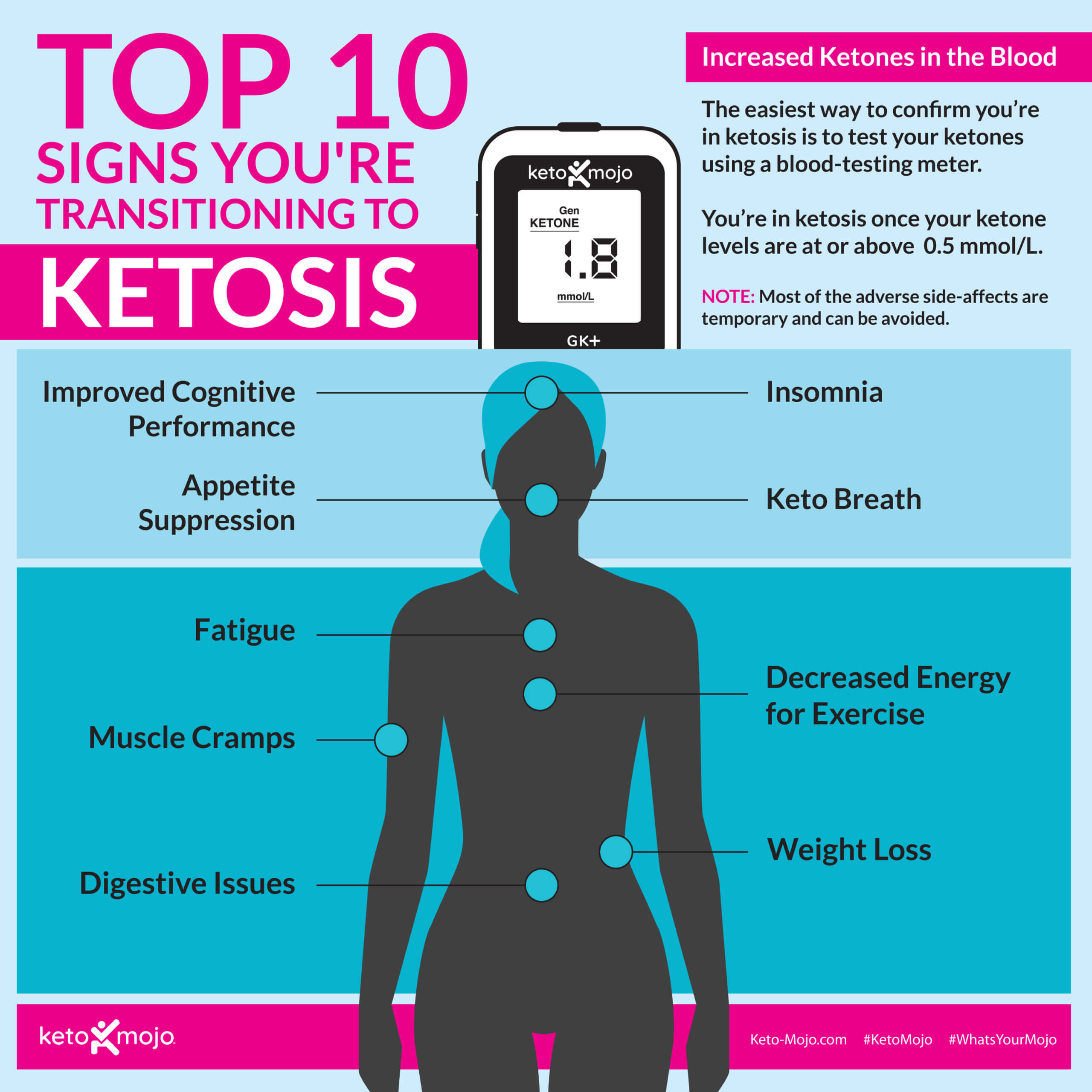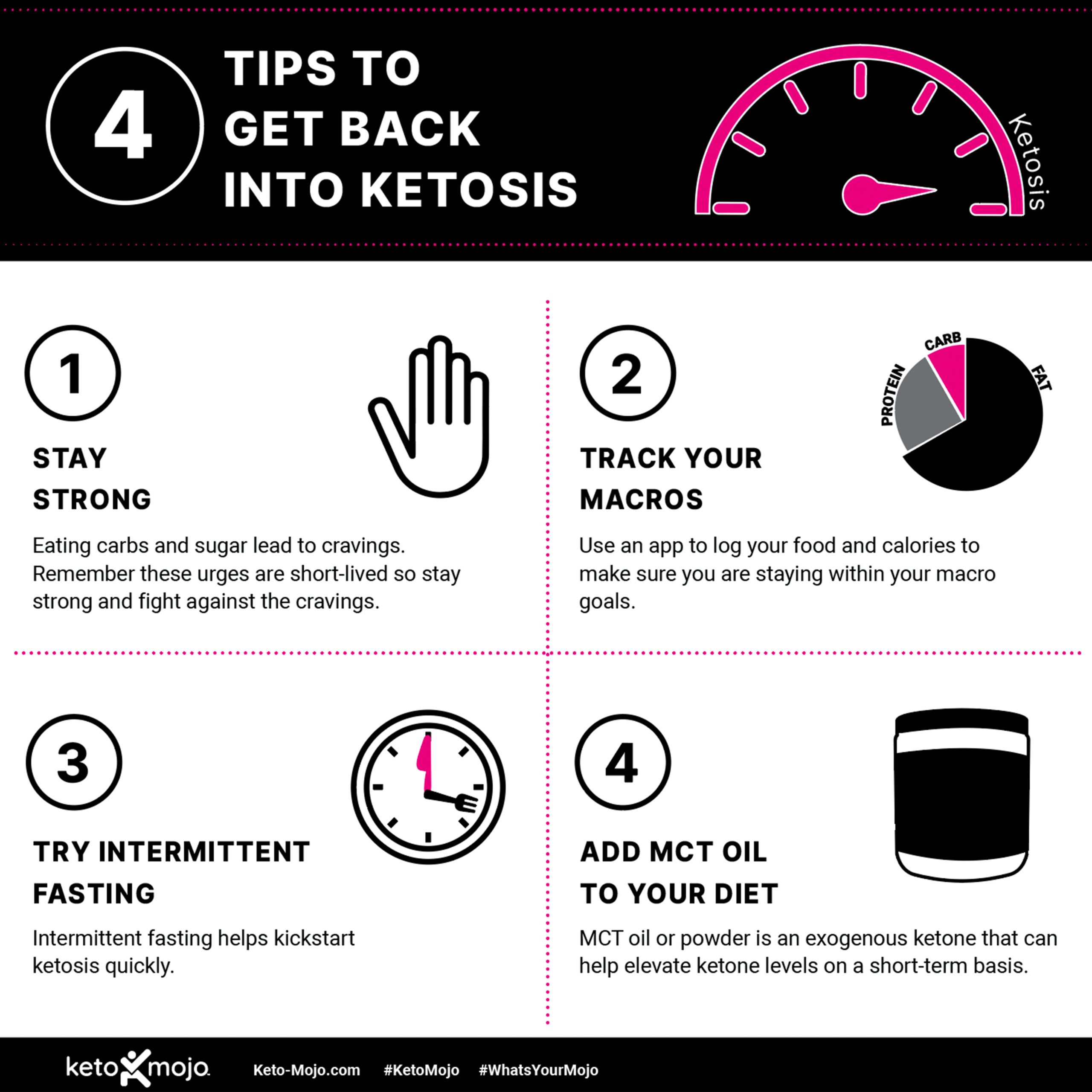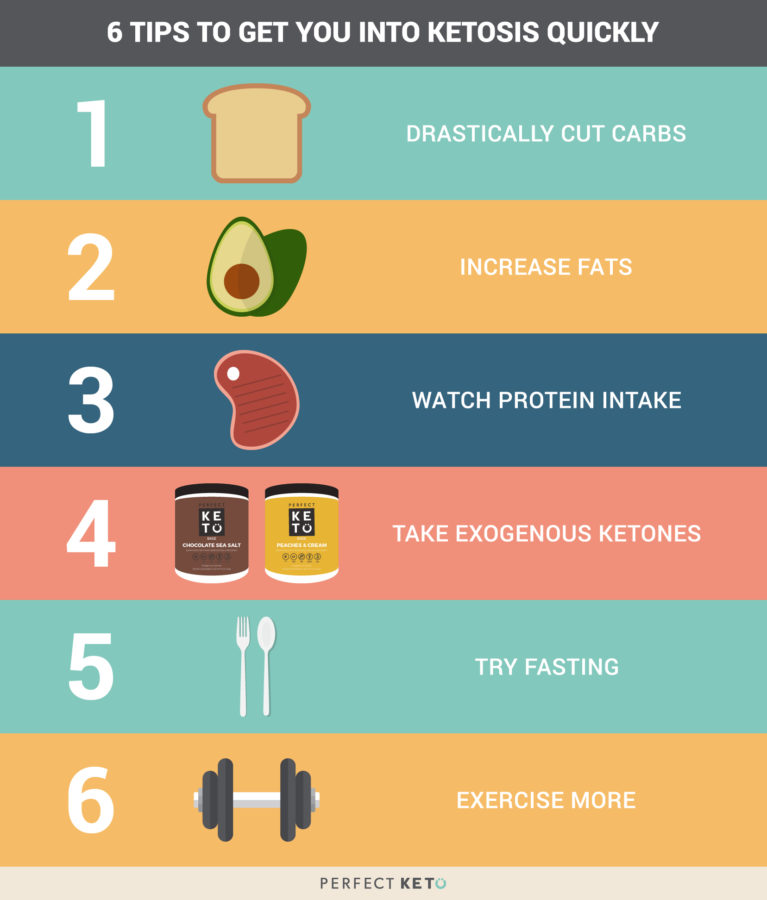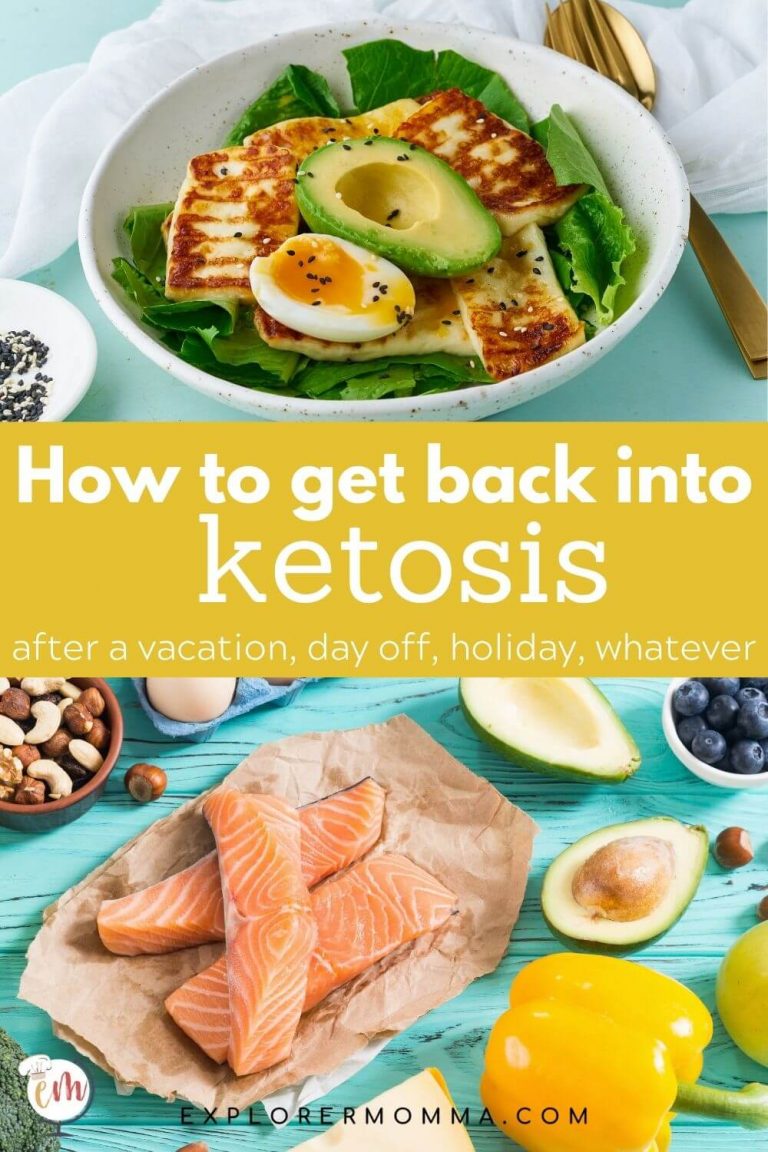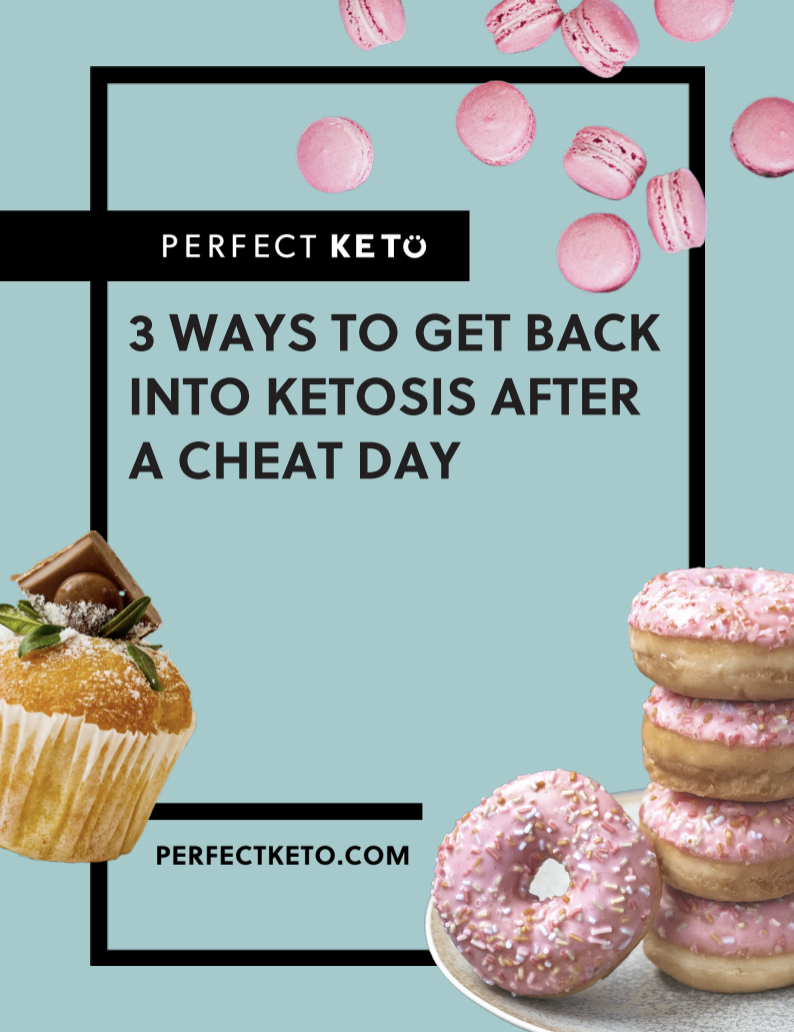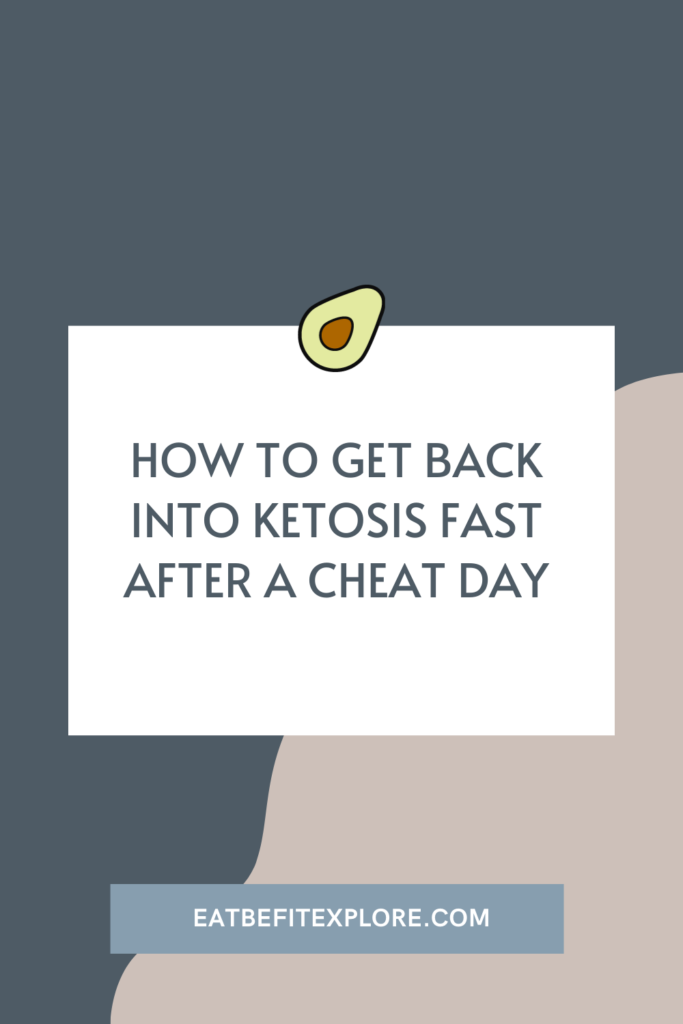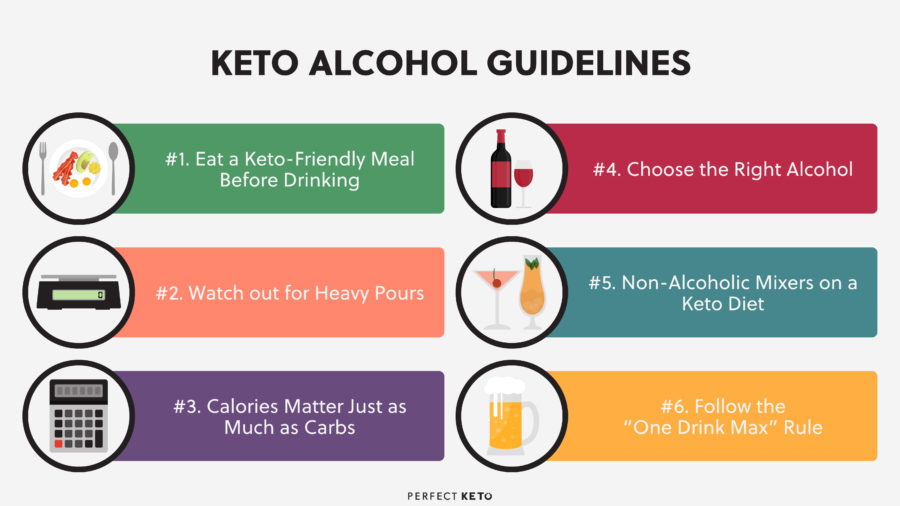How Long To Get Back Into Ketosis After Drinking Alcohol

For individuals diligently following a ketogenic diet, even the occasional social drink can throw carefully calibrated metabolic processes into disarray. The question on many keto dieters' minds is: How long does it really take to get back into ketosis after consuming alcohol?
This article delves into the science behind alcohol's impact on ketosis, exploring the factors that influence the recovery timeline and providing practical tips for minimizing disruption.
Alcohol and Ketosis: A Complex Relationship
The ketogenic diet, characterized by a high-fat, very-low-carbohydrate intake, forces the body to switch its primary fuel source from glucose to ketones, which are produced from fat. When alcohol enters the picture, it introduces a competing fuel source that the body prioritizes metabolizing.
Ethanol, the type of alcohol found in alcoholic beverages, is readily absorbed and processed by the liver. This process inhibits the production of ketones and halts the breakdown of fat, essentially pausing ketosis.
The Metabolic Shift
When alcohol is consumed, the liver focuses on breaking it down before returning to ketone production. This metabolic shift can significantly impact the body's state of ketosis.
The liver enzymes required for ketone production are diverted to metabolize alcohol, effectively putting a temporary hold on fat burning.
Factors Influencing Recovery Time
The time it takes to get back into ketosis after drinking alcohol varies greatly depending on several factors. These factors are: the amount and type of alcohol consumed, individual metabolic rates, carbohydrate intake, and activity levels.
Amount and Type of Alcohol: The more alcohol consumed, the longer it will take for the body to process it and resume ketosis. Drinks high in carbohydrates, such as beer, sweetened cocktails, and wine, will further prolong the recovery period by introducing additional glucose into the system. These carbohydrates need to be depleted before the body can effectively return to burning fat for fuel.
Individual Metabolism: Metabolic rates vary from person to person. Factors such as age, gender, genetics, and overall health influence how quickly the body processes alcohol and returns to a state of ketosis.
Carbohydrate Intake: Consuming a high-carbohydrate meal along with or after alcohol will significantly delay the return to ketosis. Reducing carbohydrate intake post-alcohol consumption can help expedite the process.
Activity Levels: Physical activity can help burn off excess glucose and alcohol, potentially speeding up the return to ketosis. Exercise increases energy expenditure and can promote fat oxidation.
Estimating the Recovery Timeline
While there's no one-size-fits-all answer, general estimates can provide a guideline for the recovery timeline. For moderate alcohol consumption (1-2 standard drinks), it might take anywhere from 12 to 48 hours to return to ketosis.
Heavier consumption can extend this period to several days. Remember, these are just estimates, and individual results may vary considerably.
Signs of Returning to Ketosis
Several indicators can help gauge when the body is returning to ketosis. These signs include increased thirst, decreased appetite, increased energy levels, and, of course, elevated ketone levels as measured by urine strips, blood ketone meters, or breathalyzers.
Monitoring these indicators can provide valuable feedback on the body's progress. Consistent monitoring provides valuable feedback on the body's progress.
Strategies for Minimizing Disruption
There are steps individuals can take to minimize the disruption caused by alcohol and hasten the return to ketosis. Choosing keto-friendly drinks, staying hydrated, and adjusting dietary habits can make a difference.
Choose Wisely: Opt for low-carb alcoholic beverages such as spirits (vodka, gin, tequila, whiskey) mixed with sugar-free mixers. Avoid beer, wine, and sweetened cocktails. These drinks are loaded with carbohydrates that will impede your body's efforts to return to ketosis.
Stay Hydrated: Alcohol can be dehydrating, which can slow down metabolic processes. Drinking plenty of water can help flush out toxins and support liver function.
Adjust Diet: Reduce carbohydrate intake in the days following alcohol consumption. Focus on consuming healthy fats and moderate protein to support ketosis. Supplementing with electrolytes can also help replenish those lost due to alcohol's diuretic effect.
Consider Exercise: Engage in moderate exercise to help burn off excess glucose and stimulate fat metabolism. Be mindful of your energy levels and avoid overexertion.
Expert Opinions and Scientific Research
While concrete, large-scale studies on the precise recovery time from alcohol consumption on a ketogenic diet are limited, experts in the field of nutrition and metabolism offer valuable insights. Many nutritionists emphasize the importance of individual experimentation and monitoring to determine what works best for each person.
Dr. Eric Westman, a prominent researcher in the field of ketogenic diets, often advises his patients to be mindful of alcohol consumption and its potential impact on their ketogenic state. He suggests that moderation and informed choices are key to maintaining a successful ketogenic lifestyle.
Furthermore, research on alcohol metabolism indicates that the liver prioritizes ethanol processing over other metabolic pathways, including ketone production, supporting the need for a recovery period.
The Takeaway
Getting back into ketosis after drinking alcohol is a process influenced by a variety of factors. Understanding these factors and implementing strategies to minimize disruption can help individuals maintain a successful ketogenic diet while still enjoying occasional social drinks.
While the return to ketosis can take anywhere from 12 hours to several days, making informed choices and paying attention to the body's signals are key to optimizing the recovery process.







